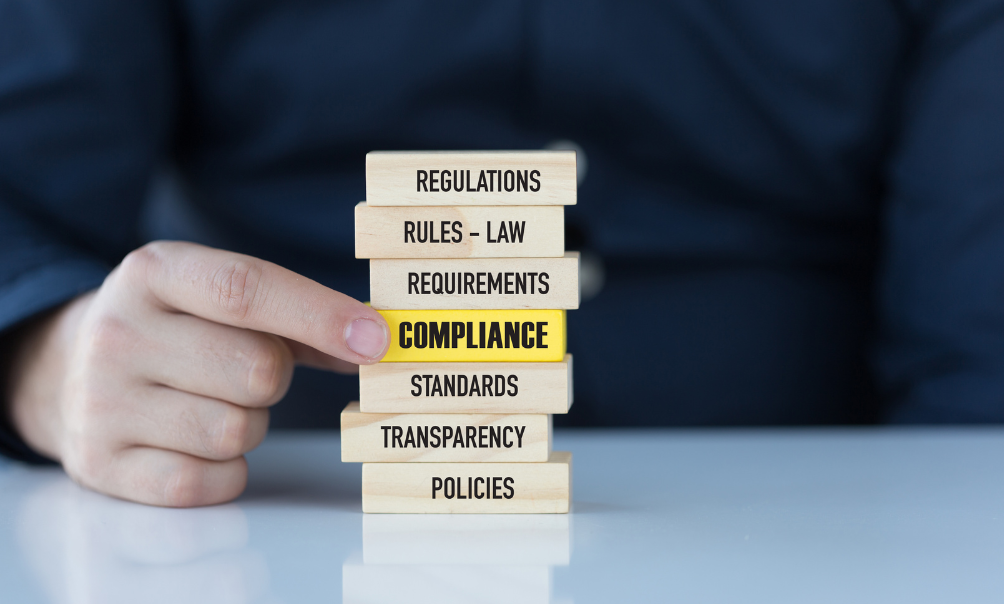
There are more than 30,000 disputes raised each year, by way of applications to the Fair Work Commission (the regulator/tribunal), and Australian workplace conditions are frequently contested by unions and employees.
Establishing your terms and conditions correctly in the beginning of your employee engagements is the best way to avoid disputes and achieve clarity both for you, and your people.
But how do you get clarity with such a complicated framework?
Employers can start here, with a simple breakdown of some key elements of Australia’s workplace relations system, when and where they apply, and how to determine what relates to you or your employees.
We’ll break down:
The Fair Work Act 2009 was introduced by the (then) Labor government. It is a federal legislative instrument that determines employment and workplace relations rules across Australia’s private sector employees.
The Fair Work Act replaced the Howard governments WorkChoices legislation, and it also nationalised workplace relations, after the States referred their Industrial Relations powers (over the private sector) to the federal government, to leave national employers to be governed by the Fair Work Commission, using the Act as the rule.
The Fair Work Act will typically apply to any employee, employed by an Australian private sector employer, in any State. Public sector employees in each State are not part of the national workplace relations system, so they remain under the legislative provisions of the State IR regulators.
Interested in reading the Act? Here it is.
The NES goes a little further than the Fair Work Act. Like the Act, its coverage spans to all employees in the national workplace relations system. It’s considered a “safety net” that catches all workers, providing them with a minimum set of terms and conditions employers must always provide.
Without committing to a sweeping statement – if the NES is breached, the employer is likely engaging employees under non-compliant terms and conditions and is probably engaging the employee unlawfully.
In recent years, the NES has expanded to include some terms and conditions that were initially provided for within Modern Awards, such as, casual conversion rights (where casuals can elect to become permanent employees), and additional Leave provisions (such as Family and Domestic Violence Leave).
The NES is not static, and can be added to, amended or changed – always keep an up to date understanding of the NES.
Click here to review the National Employment Standards.
A modern award is an additional document which carves out another set of minimum terms and conditions for national workplace relations system employees, on top of the National Employment Standards (NES) and the Fair Work Act 2009.
However, unlike the Fair Work Act and the NES, a Modern Award does not cover all employees in the national system. Rather, a Modern Award will only cover an Industry, an Occupation, or in some cases, both.
There are more than 120 Modern Awards, some of them with quite simple coverage clauses, and others that are complicated to interpret.
Modern Awards are the most complicated element of the workplace relations framework in Australia, and Modern Award terms are usually where employers get it wrong, and become subject to underpayment claims.
This is a particularly large problem for employers, as Australia’s new workplace relations laws are moving towards jail time and enormous penalties (up to $8M), from January 2025.
Employers must obtain assistance and advice with respect to Modern Award coverage and wage compliance to mitigate serious compliance risks and penalties.
Here’s a list of all Modern Awards in the national workplace relations system.
Enterprise bargaining is a feature of the Australian workplace relations framework, where an employee group, union, or employer can initiate a bargaining process to design and develop their own set of wages and working conditions at the workplace level.
In recent months, new methods of assigning coverage of Enterprise Bargaining Agreements have been established by the current union friendly government. This means an Enterprise Bargaining Agreement can now be used by a union to impose wages and conditions on employers and workplaces that were not involved in negotiating those wages and conditions.
This is called a “single interest” or “multi-employer” Agreement, and the majority of Australia’s employers find issues and problems with this approach.
For any Enterprise Bargaining Agreement to be lawful and approved by the Fair Work Commission, it must pass a Better Off Overall Test (otherwise known as BOOT). This means the Agreement must satisfy the terms and conditions and be better than the Fair Work Act, NES, and the relevant Modern Award specific to the industry, workplace, and employees.
Not all employees fit inside a Modern Award. These employees are called Non-Award (or Award Free) employees. Employees who are Non-Award may still be pulled into coverage by an Enterprise Bargaining Agreement, wherever the coverage clause and classifications inside the Agreement define any such position as being covered by the Agreement.
Otherwise, the Non-Award employee will remain subject to the Fair Work act 2009, the NES, and the National Minimum Wage.
The National Minimum Wage is the minimum pay rate provided by the Fair Work Act 2009 and is reviewed each year. Currently (as of 1 July 2023) the National Minimum Wage is $23.23 per hour or $882.80 per week.
To determine if your employee is Non-Award, the employee:
Australia’s workplace relations system is heavily regulated and contains many potholes that employers can easily fall victim to. We do have a very restrictive framework, but it is possible to establish working conditions that suit your business, if we just take the time to design all the elements.
The first step is to understand what is and isn’t relevant to you and your employees, yet sadly, many employers don’t understand what they’re obliged to do, and what constitutes unlawful conduct.

